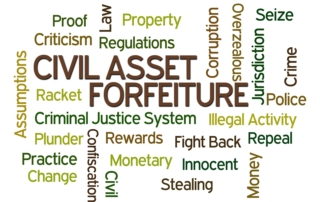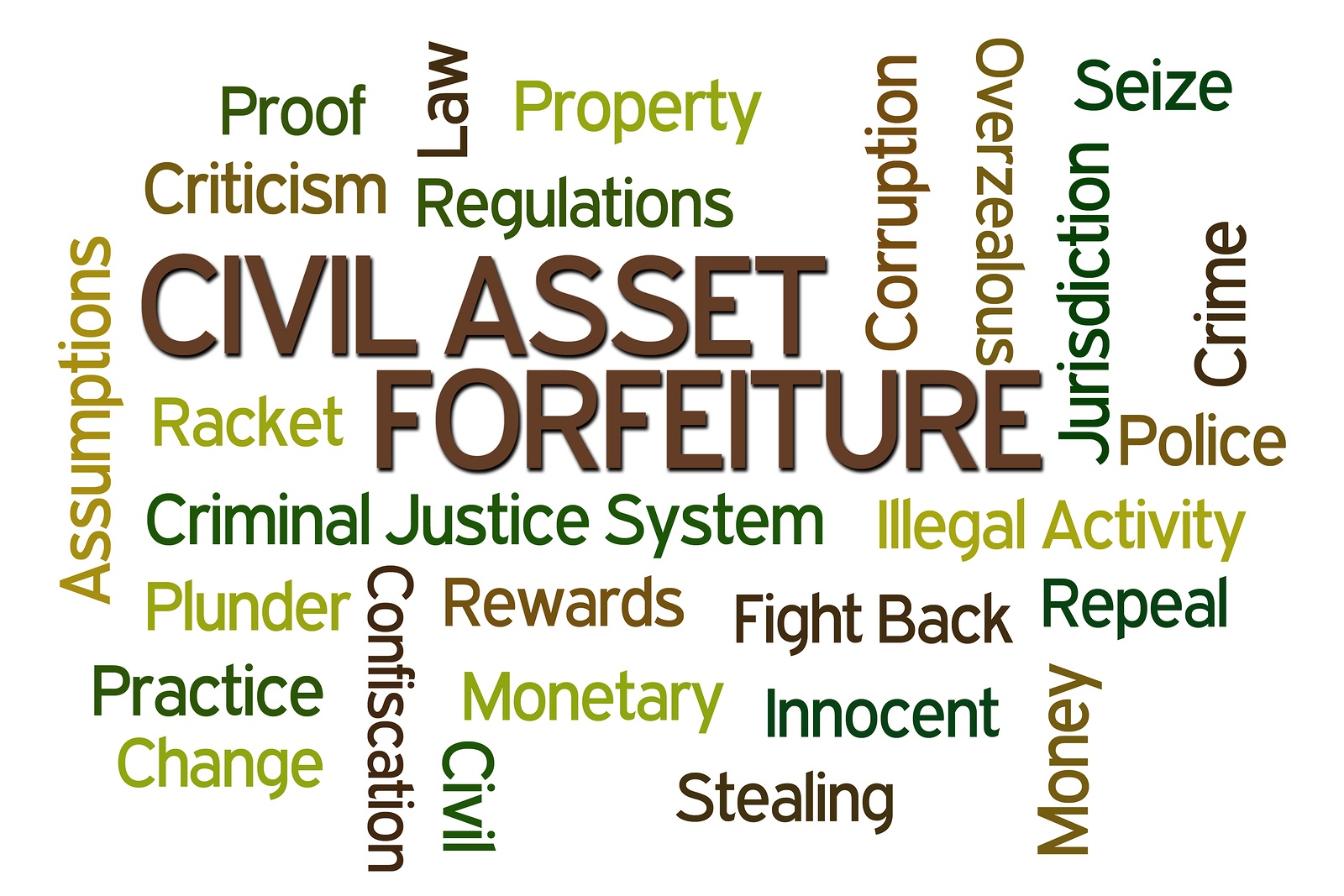Under assault from criminal defense bar and gun rights groups, NJ Attorney General halts enforcement of unconstitutional stun gun laws
Facing legal challenges from both gun rights advocates as well as the criminal defense bar, New Jersey Attorney General Christopher Porrino on October 20, 2017 issued a memorandum to prosecutors and police departments halting the enforcement of criminal laws that prohibit the possession, manufacture, and shipment of “electronic arms” such as stun guns and Tasers. The legal challenges to New Jersey’s stun gun laws were triggered by a 2016 decision of the Supreme Court of the United States, Caetano v. Massachusetts, in which the Court applied the Second Amendment to strike down a Massachusetts law that prohibited the mere possession of stun guns, even if possessed for self-defense.





 On April 25, 2016, in the wake of startling revelations that a laboratory technician at the New Jersey State Police Laboratory in Little Falls had been falsifying test results, the Supreme Court of New Jersey issued an order centralizing the litigation of all post-conviction challenges in the State before a single judge. The order appointed Bergen County Superior Court Judge Edward A. Jerejian to handle all post-conviction litigation in which Kamalkant Shah, the laboratory technician found to have faked results, was either the primary laboratory examiner, conducted peer review, or conducted administrative review of purported drug evidence. Pending cases predicated upon Shah's laboratory work are to remain with the judges presently assigned under the order.
On April 25, 2016, in the wake of startling revelations that a laboratory technician at the New Jersey State Police Laboratory in Little Falls had been falsifying test results, the Supreme Court of New Jersey issued an order centralizing the litigation of all post-conviction challenges in the State before a single judge. The order appointed Bergen County Superior Court Judge Edward A. Jerejian to handle all post-conviction litigation in which Kamalkant Shah, the laboratory technician found to have faked results, was either the primary laboratory examiner, conducted peer review, or conducted administrative review of purported drug evidence. Pending cases predicated upon Shah's laboratory work are to remain with the judges presently assigned under the order.